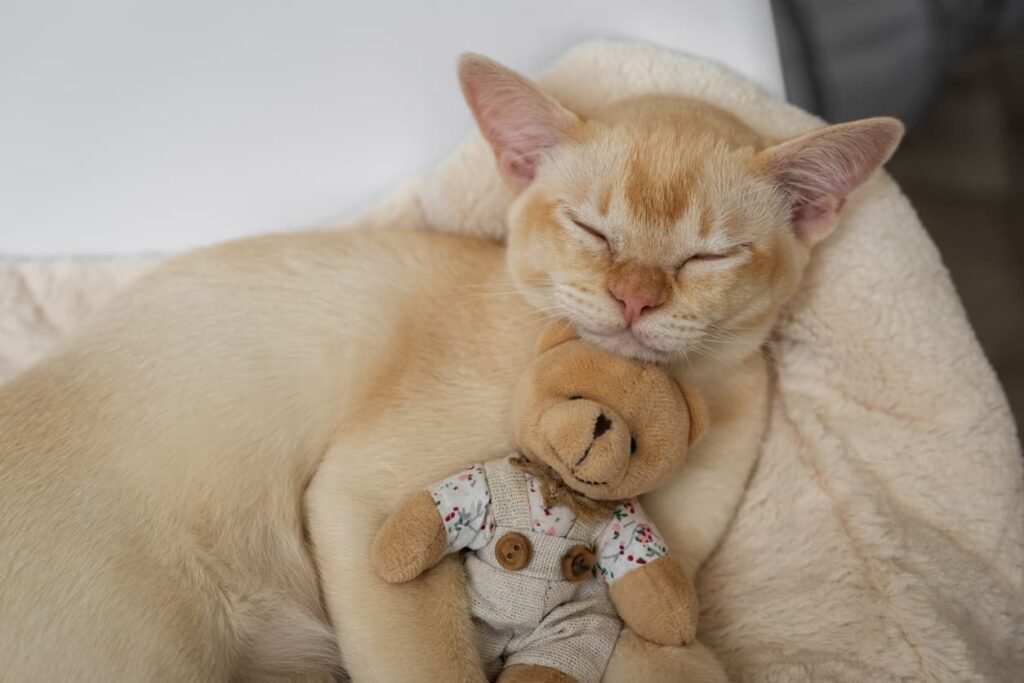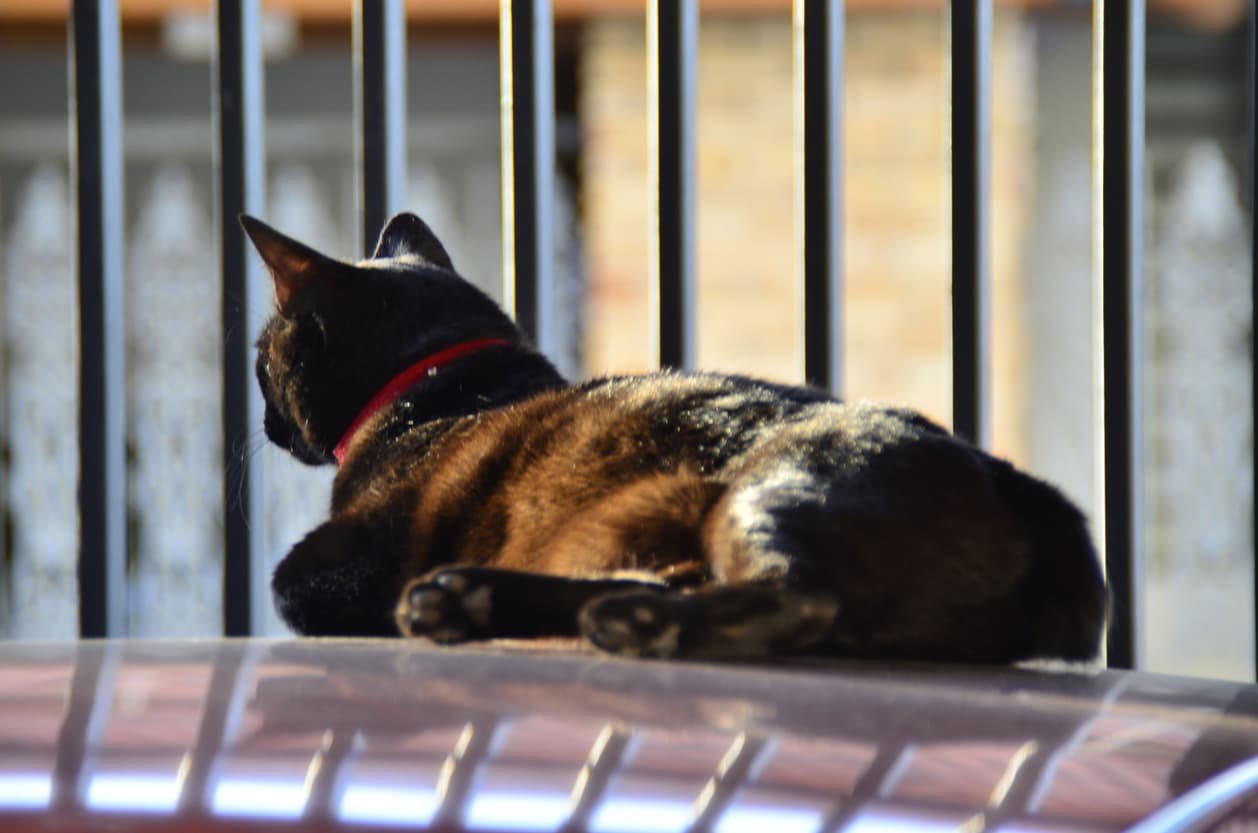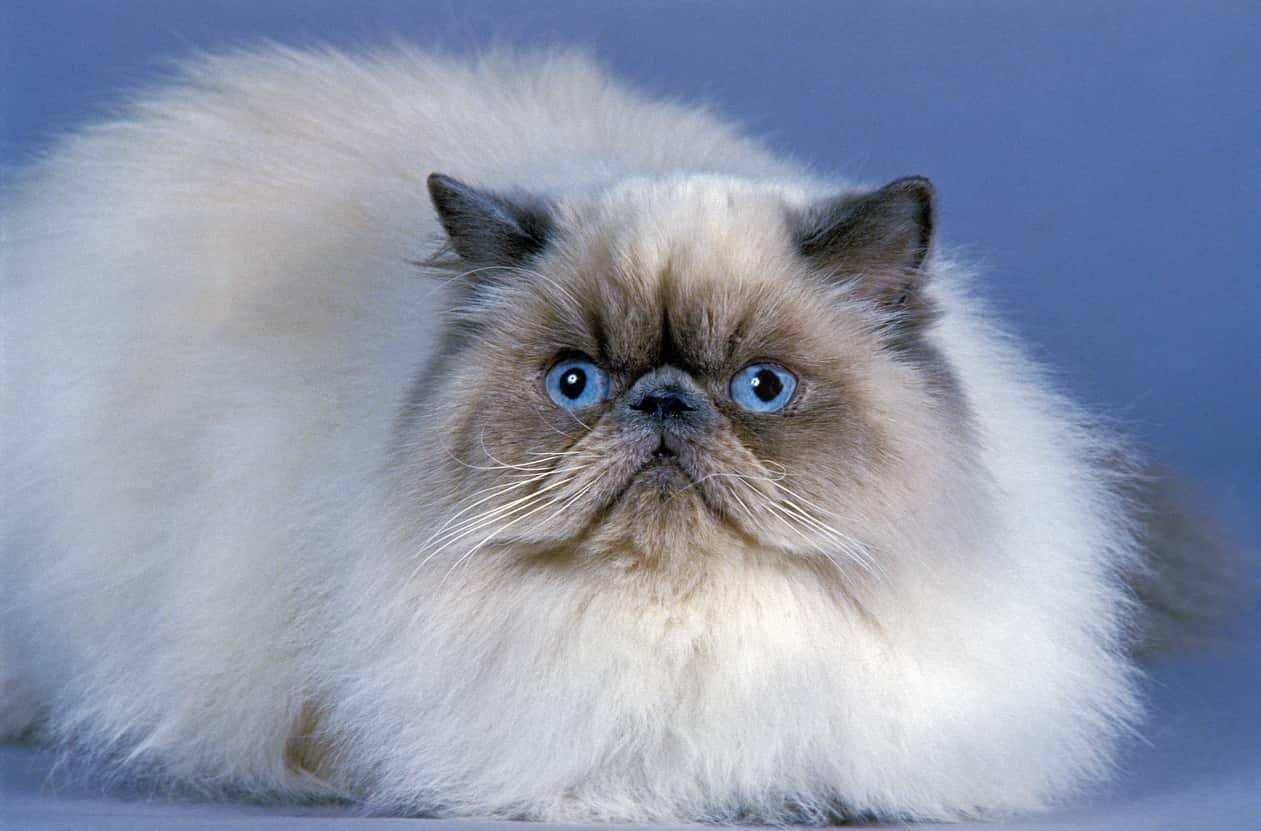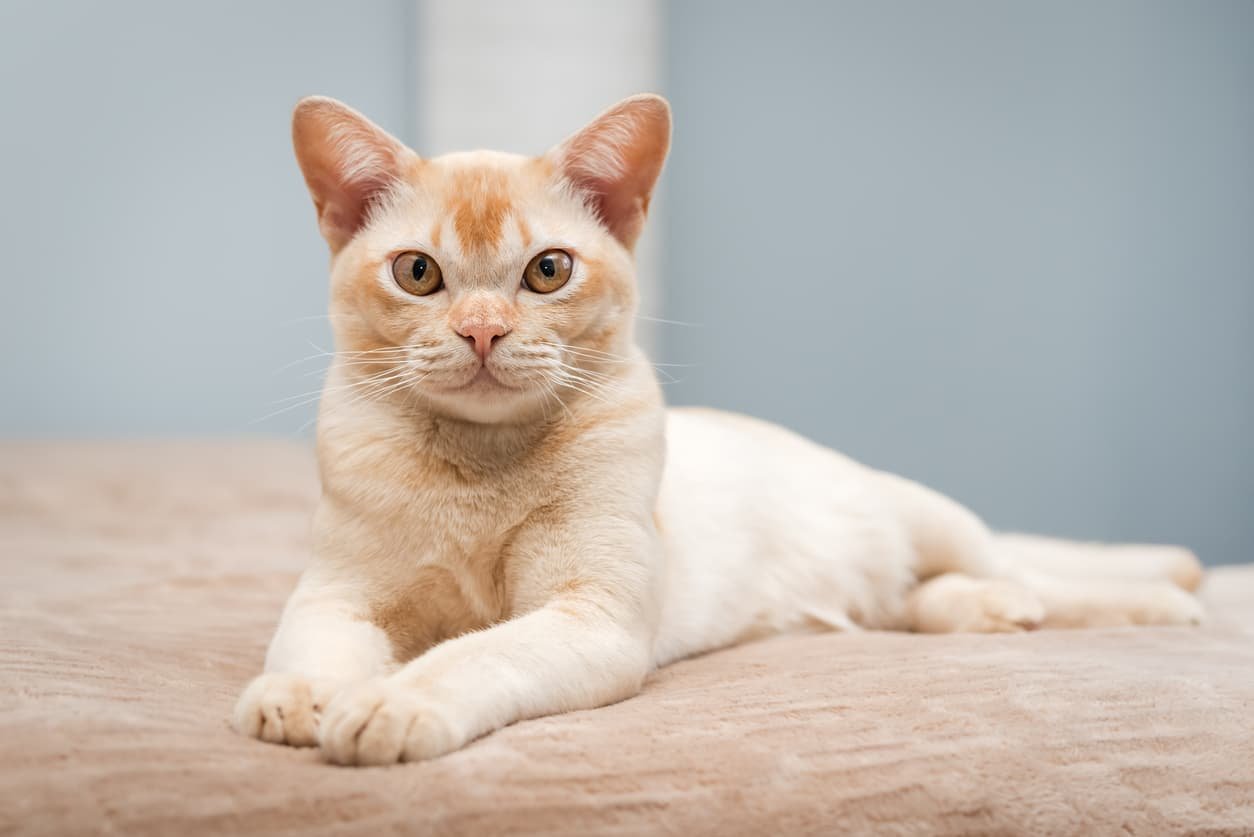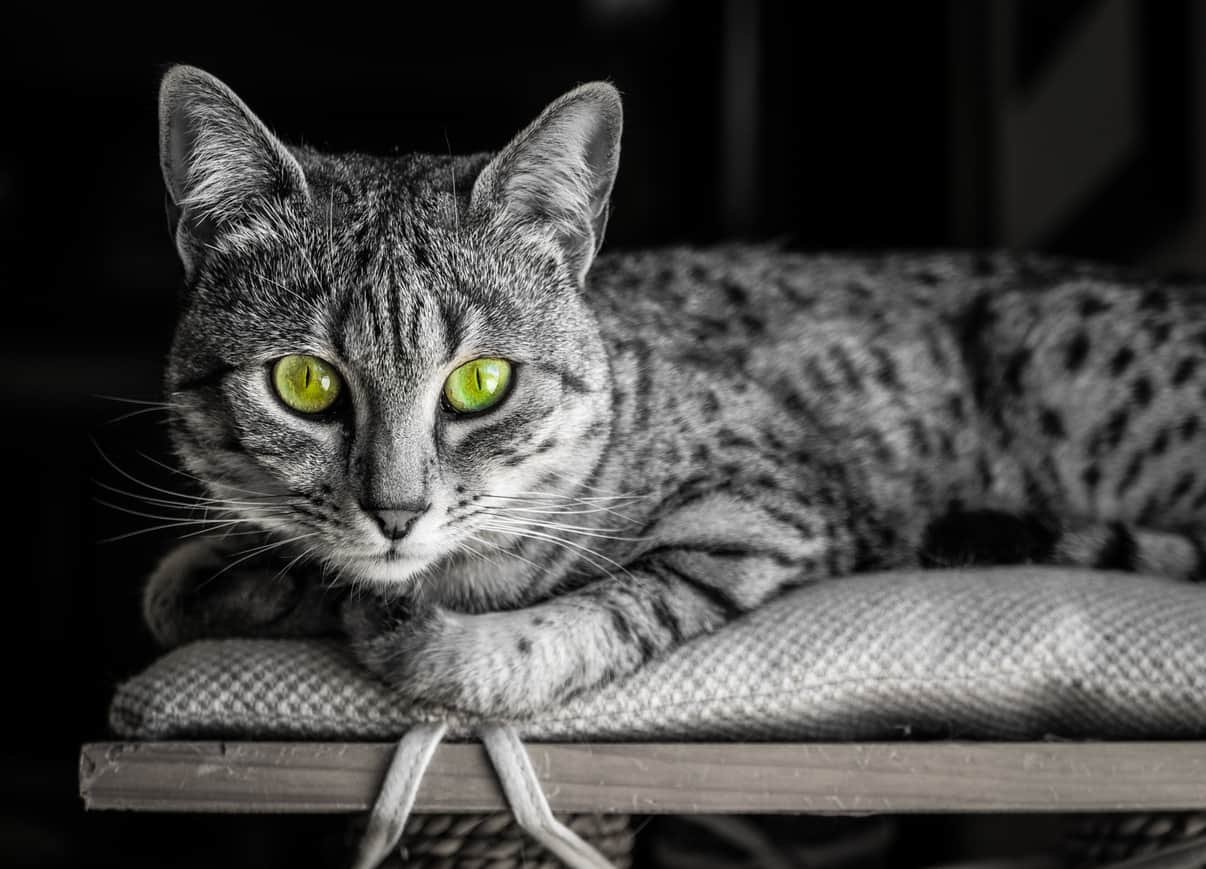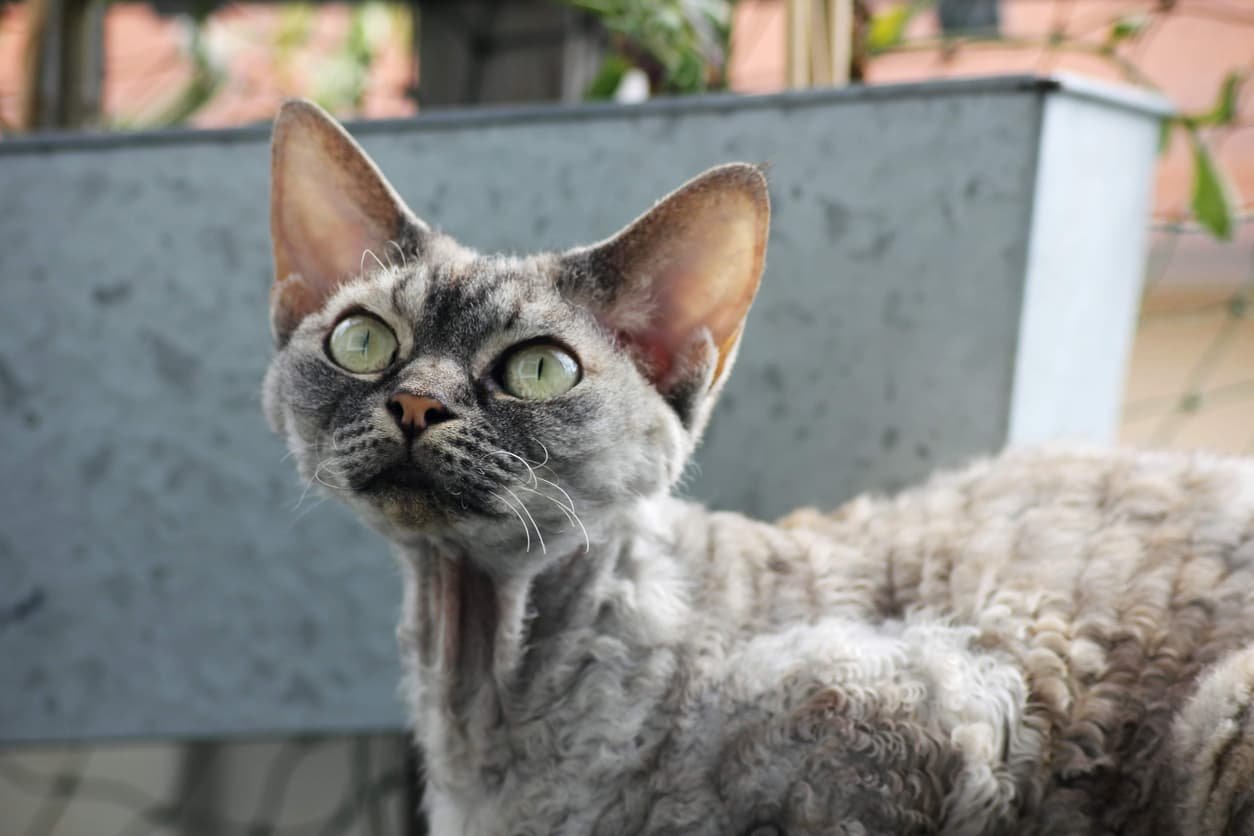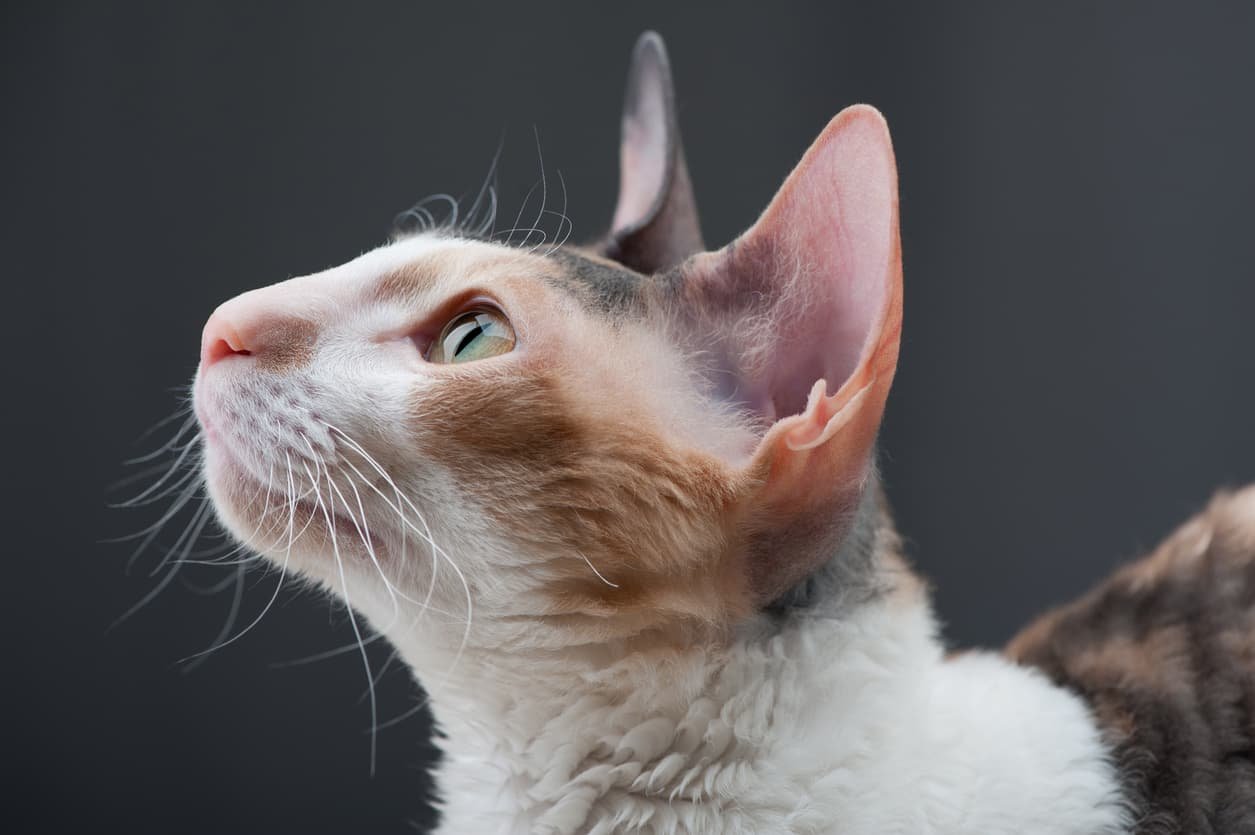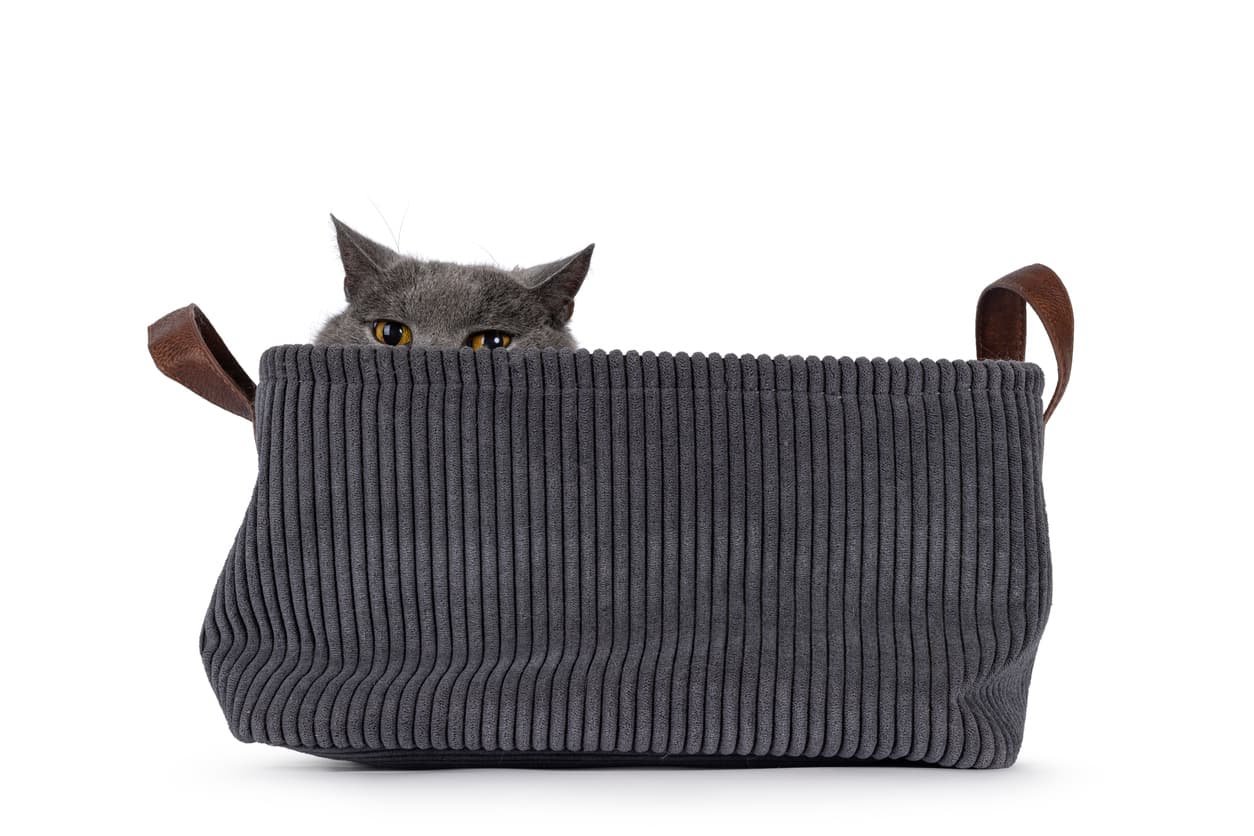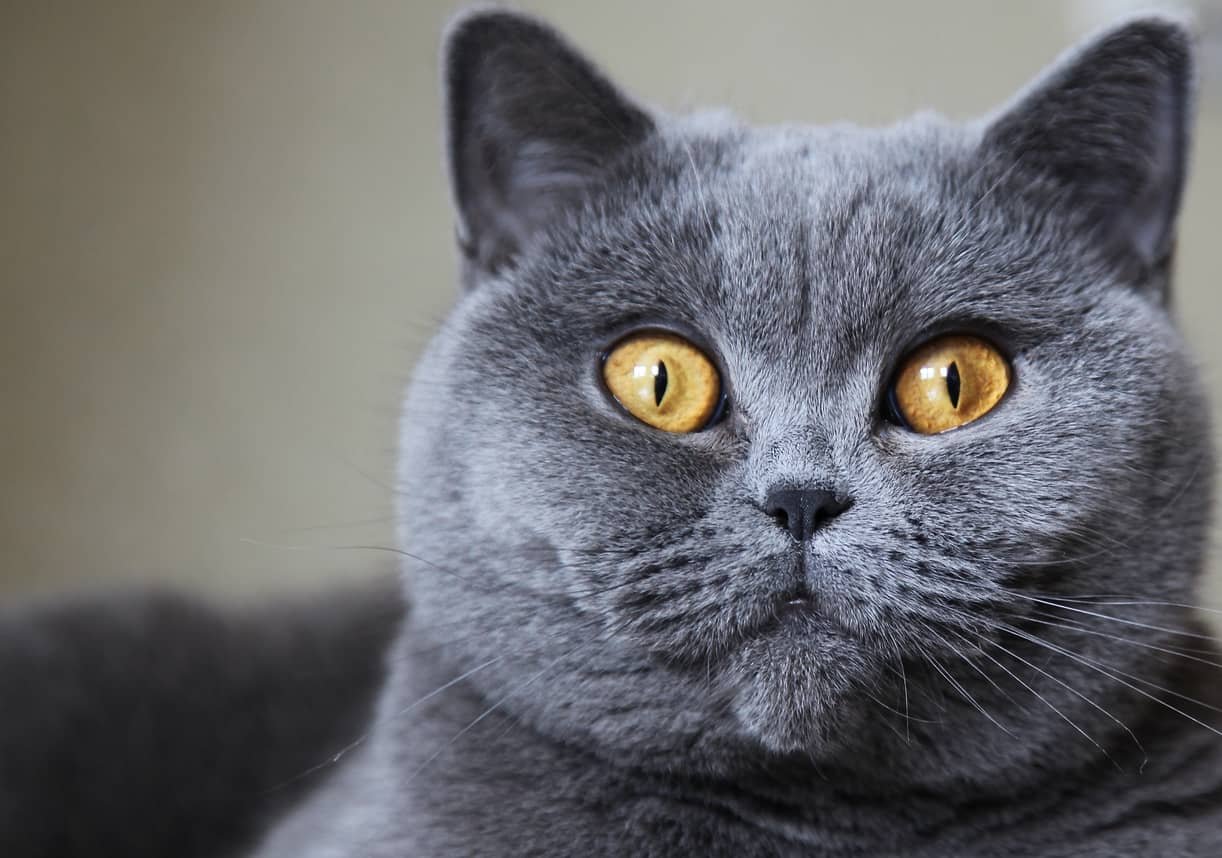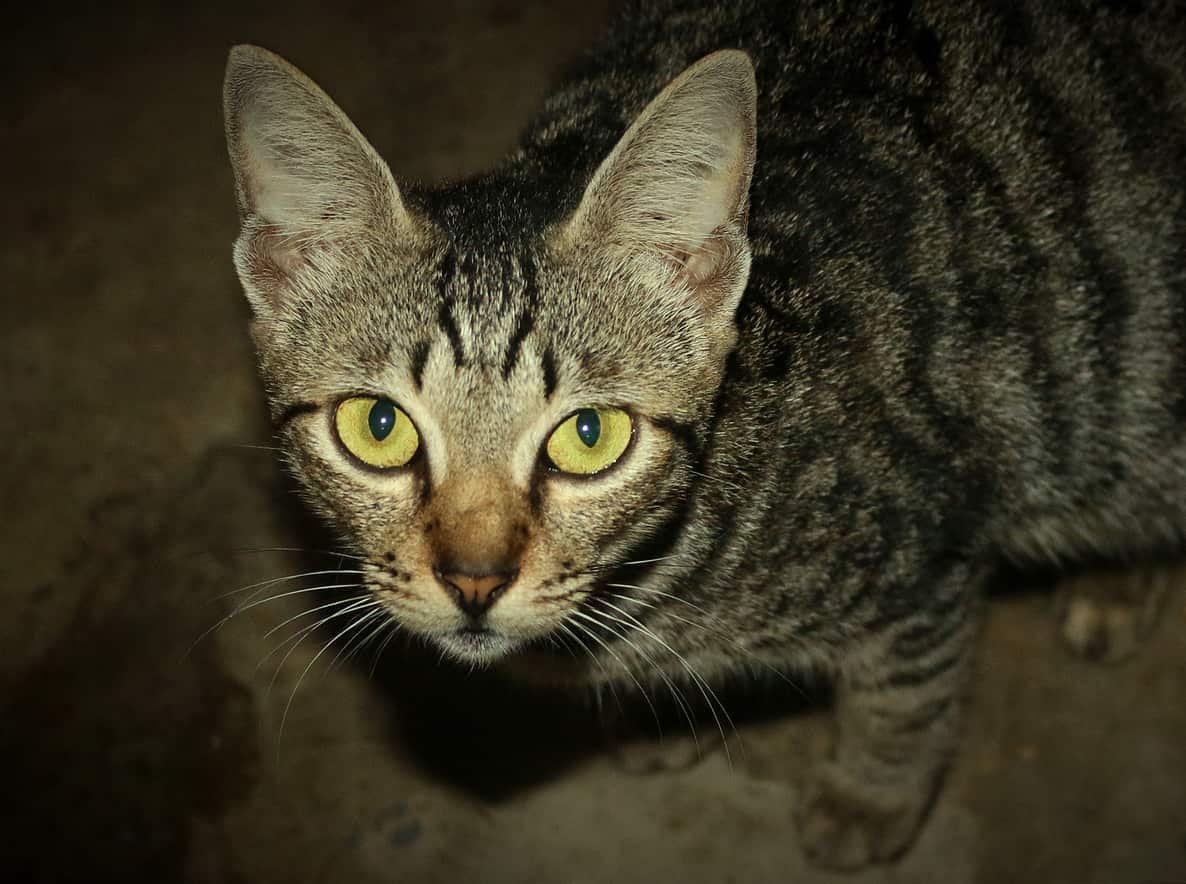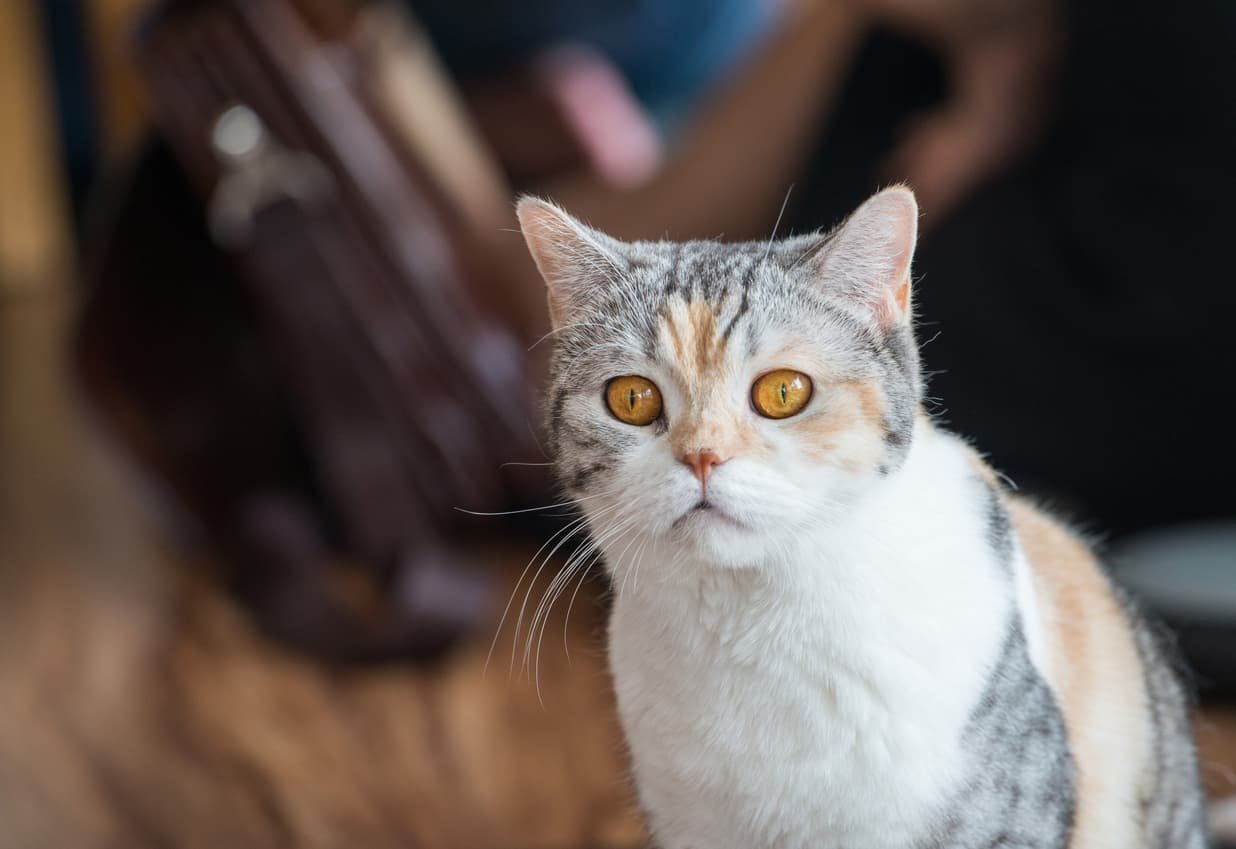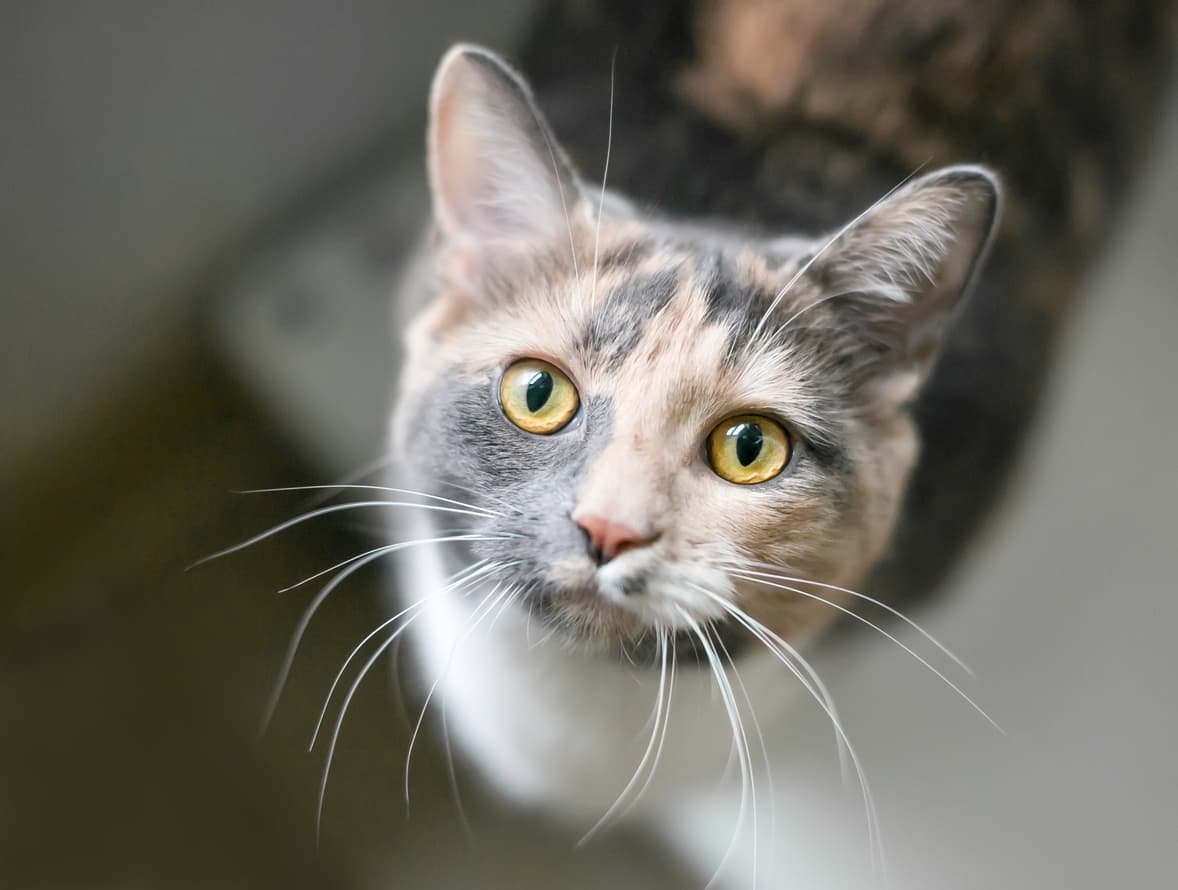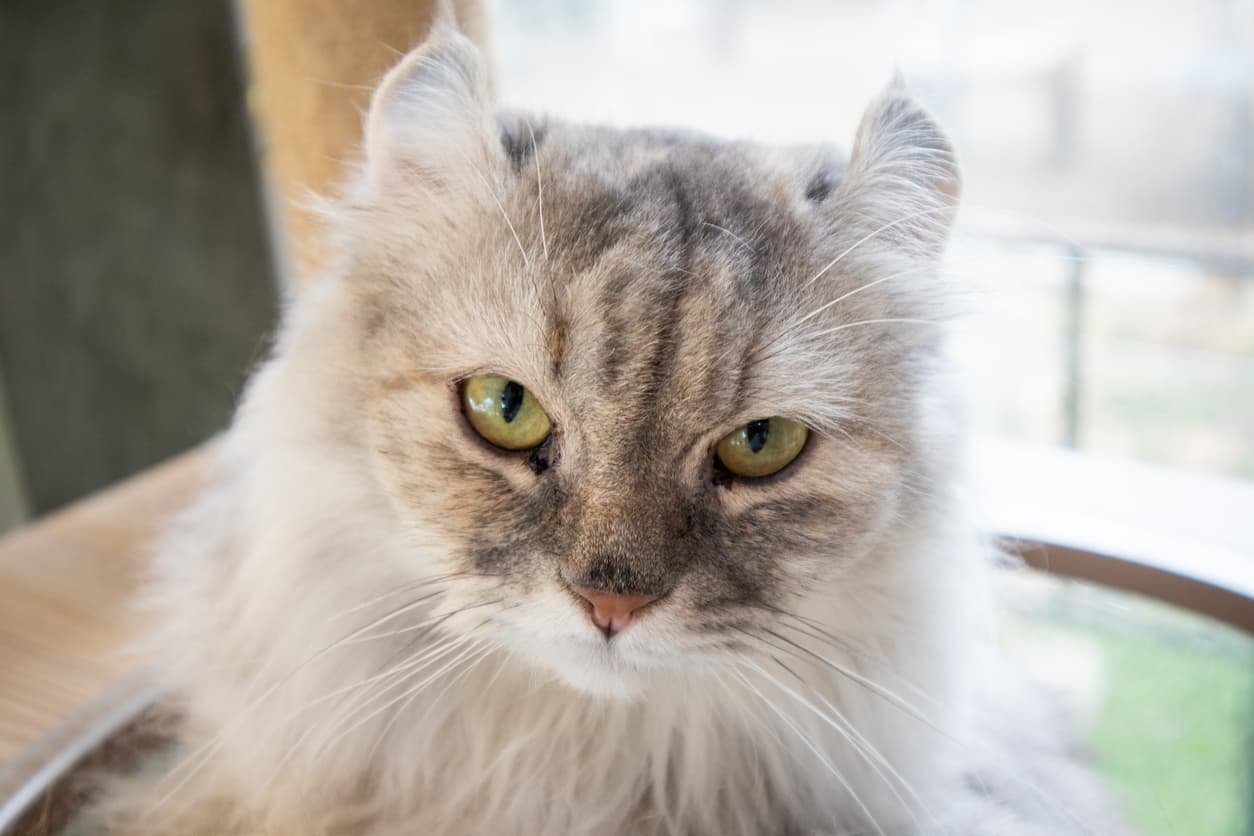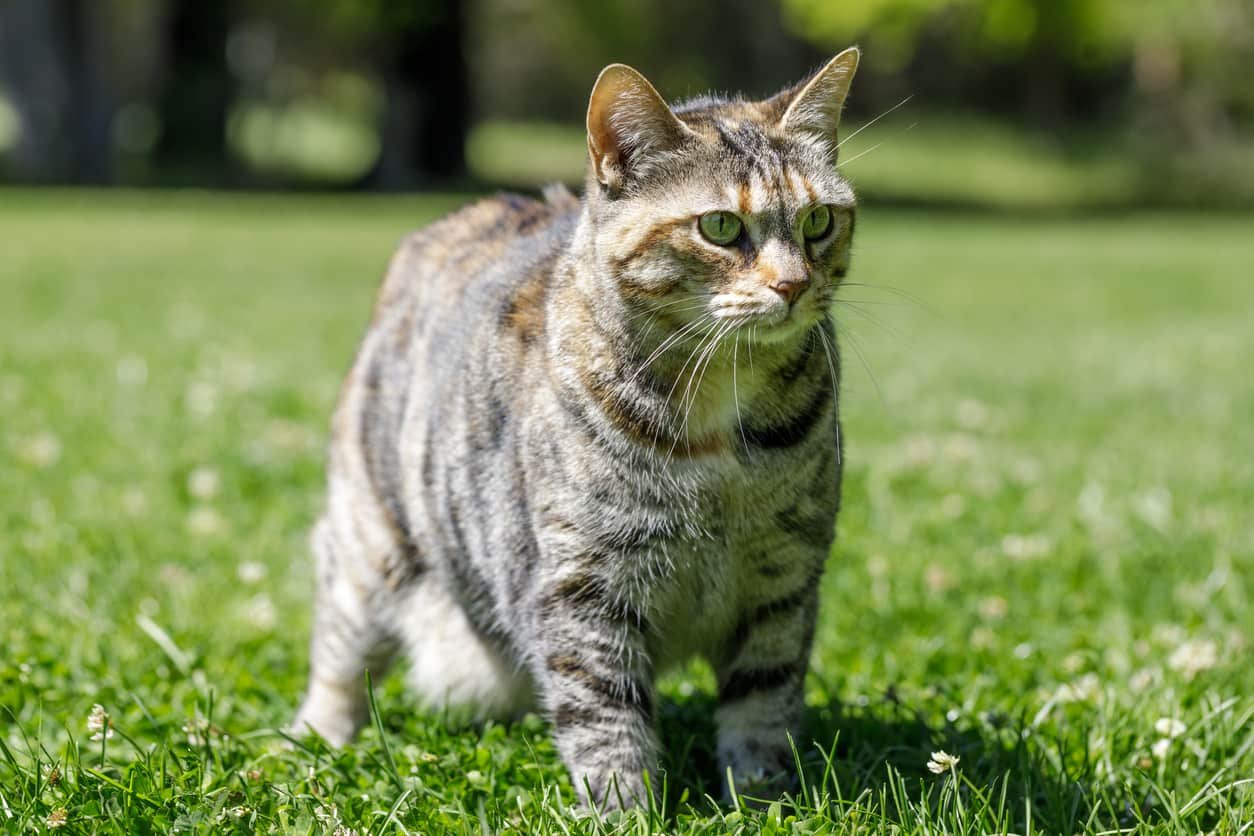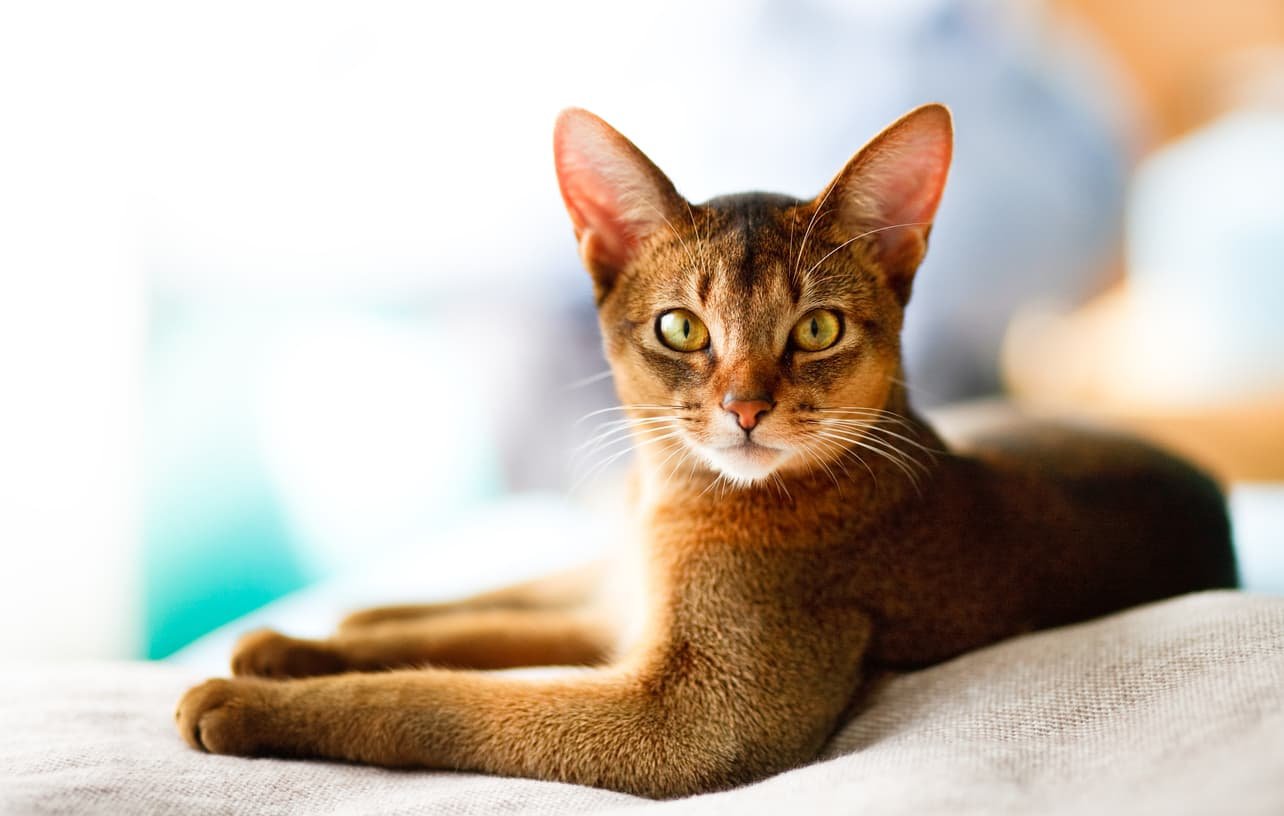Table of Contents
ToggleFeature Table: Burmese Cat Characteristics
| Feature | Description |
|---|---|
| Origin | Burma (now Myanmar), first bred in the U.S. in the 1930s. |
| Size | Medium-sized with a muscular, compact build. |
| Weight | Males: 8-12 lbs, Females: 6-10 lbs. |
| Lifespan | 10-17 years, with proper care and nutrition. |
| Personality | Affectionate, playful, intelligent, and social. |
| Temperament | Friendly, interactive, and loves human companionship. |
| Coat Colors | Sable, champagne, blue, platinum. |
| Grooming Needs | Low maintenance, minimal shedding. |
| Exercise Requirements | Moderate; enjoys interactive play. |
| Best Toys | Cat tunnel bed, interactive toys, puzzle feeders. |
| Common Health Issues | Diabetes mellitus, craniofacial defect (in kittens), obesity. |
| Hypoallergenic? | No; Burmese cats produce allergens but may trigger fewer reactions in some people. |
A Brief History of the Burmese Cat
The Burmese traces its roots back to Burma (now Myanmar), where these affectionate felines were once revered. The modern breed began when a small brown cat named Wong Mau was brought to the U.S. in the 1930s and bred with Siamese cats. Over time, Burmeses developed their distinct characteristics, gaining popularity for their affectionate and playful nature.
According to Wikipedia, “The Burmese cat is a breed of domestic cat, originating in Southeast Asia and developed in the United States and Britain. Known for their muscular build, short coat, and affectionate nature, Burmese cats are highly social and thrive on human companionship.” This strong attachment to people makes them one of the most loving and interactive cat breeds, ideal for families and individuals seeking a devoted feline friend.
Burmese Cat Size and Appearance
Despite their medium size, Burmeses feel surprisingly heavy due to their muscular and compact build. Often described as “bricks wrapped in silk,” their solid frame is well-balanced and athletic.
They have rounded heads, large expressive gold or yellow eyes, and a sleek, short coat that requires minimal grooming. The coat colors include:
- Sable – A deep, rich brown.
- Champagne – A warm beige with golden undertones.
- Blue – A soft grayish-blue with a fawn hue.
- Platinum – A pale gray with hints of lilac.
Burmese Cat Personality: A Social and Loving Companion
One of the standout traits of a Burmese’s personality is its strong attachment to humans. These cats love to be around their owners, often following them from room to room. They are known for their playful, intelligent, and social temperament, making them an ideal pet for families, singles, and seniors alike.
Unlike aloof cats, Burmese cats love to cuddle. They seek warmth and affection, often curling up in their owner’s lap or nestling in bed at night. Their soft, sweet voice is used sparingly to communicate their needs, making them a quiet yet expressive breed.
Are Burmese Cats Hypoallergenic?
While no cat is truly hypoallergenic, Burmeses are not the best choice for allergy sufferers. They produce the Fel d 1 protein, a common allergen found in cat saliva and dander. However, because they have a short, fine coat and shed minimally, some people with mild allergies find them more tolerable than long-haired breeds.
Burmese Cat Grooming Needs
One of the advantages of owning a Burmese cat is their low-maintenance grooming. Their short, close-lying coat requires little upkeep:
- Brushing once a week helps remove loose hair and distribute natural oils.
- Ear cleaning occasionally to prevent wax buildup.
- Nail trimming every 2-3 weeks to keep their claws in check.
- Dental care with regular brushing to prevent periodontal disease.
Since Burmeses love attention, grooming sessions can be an excellent bonding time.
Burmese Cat Lifespan and Health Considerations
With proper care, a Burmese cat’s lifespan ranges from 10 to 17 years. However, they are prone to some common health issues:
- Diabetes Mellitus – Burmese cats have a higher risk of diabetes compared to other breeds. Regular vet checkups and a healthy diet can help manage this risk.
- Craniofacial Defect – A genetic condition that affects some Burmese kittens. Responsible breeders screen for this to prevent passing it on.
- Obesity – Due to their love of food, Burmese cats are prone to gaining weight, which can lead to joint and heart issues.
Do Burmese Cats Need a Lot of Exercise?
While Burmese cats are playful, they do not require excessive exercise. They are naturally active and love to play, climb, and chase. Ensuring they have an engaging environment with plenty of toys helps keep them fit. Interactive play sessions with their owners are especially important for mental and physical stimulation.
Best Toys for Burmese Cats: Why a Cat Tunnel Bed is Essential
Burmese cats are intelligent and playful, meaning they need stimulating toys to keep them entertained. Some of the best toys for Burmese include:
- Interactive wand toys – Simulate prey to satisfy their hunting instincts.
- Puzzle feeders – Keep their minds active while rewarding them with treats.
- Climbing trees – Provide vertical space for jumping and climbing.
- Cat tunnel bed – A multipurpose toy that serves as a hideout, play tunnel, and sleeping area.
Why a Cat Tunnel Bed is Perfect for a Burmese Cat
A cat tunnel bed is one of the best investments for a Burmese cat. This dual-purpose toy combines playtime with comfort, catering to their energetic and affectionate nature.
- Encourages Play – Burmese cats love darting in and out of tunnels, pouncing on hidden toys, and chasing each other through the passageways.
- Provides a Cozy Sleeping Spot – These cats love snuggling up in enclosed spaces. A tunnel bed offers a soft, private retreat for napping.
- Reduces Boredom – The tunnel’s interactive nature keeps them engaged, preventing destructive behavior.
Choosing a sturdy, collapsible cat tunnel bed with plush lining ensures both comfort and fun for your Burmese cat.
Is a Burmese Cat Right for You?
If you are looking for a loyal, affectionate, and playful companion, the Burmese is an excellent choice. They thrive in households where they receive plenty of attention and interaction.
However, they do not like being left alone for long hours. If you have a busy schedule, consider adopting two Burmese cats to keep each other company.
Their social nature, combined with their low-maintenance grooming and playful temperament, makes them an ideal pet for families, singles, and seniors alike.
Final Thoughts
Burmeses are charming, affectionate, and endlessly entertaining companions. Whether you’re drawn to their striking coat colors, cuddly nature, or playful energy, these cats make wonderful additions to loving homes.
If you’re considering bringing a Burmese cat into your life, ensure you provide the right toys, interactive playtime, and a cozy cat tunnel bed to keep them happy and engaged.
FAQ
Is a Burmese cat a good pet?
Yes, Burmese cats make excellent pets! They’re affectionate, social, playful, and bond closely with their families. Their friendly, people-oriented nature makes them ideal companions for both individuals and families.
Why are Burmese cats so special?
Burmese cats are special for their affectionate, dog-like personalities, silky coats, and expressive golden eyes. They’re highly social, intelligent, and form deep bonds—making them loving, interactive companions unlike many other breeds.
Are Burmese and Siamese cats related?
Yes, Burmese and Siamese cats are related. The Burmese breed originated from a Siamese cat brought to the U.S. in the 1930s and bred with American cats, resulting in a more solid-colored, stockier version of the Siamese.
Do Burmese cats meow a lot?
Yes, Burmese cats are quite vocal, but their meows are softer and less intense than Siamese cats. They enjoy “talking” with their humans and often use gentle, expressive sounds to communicate.
Do Burmese cats have health problems?
Yes, Burmese cats can be prone to certain health issues, including diabetes mellitus, craniofacial abnormalities, and hypokalemia (low potassium levels). Regular vet checkups and a balanced diet help manage and prevent many of these concerns.
Why can't Burmese cats go outside?
Burmese cats can go outside, but it’s often discouraged due to their trusting, social nature. They're less wary of dangers like traffic or strangers, making them more vulnerable. Supervised outdoor time or secure enclosures are safer options.
What does the Burmese cat symbolize?
The Burmese cat often symbolizes loyalty, affection, and companionship. In its origin culture of Burma (Myanmar), it was considered sacred and associated with protection, grace, and a deep spiritual bond with humans.

